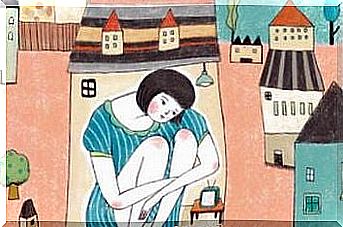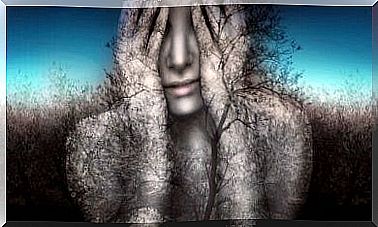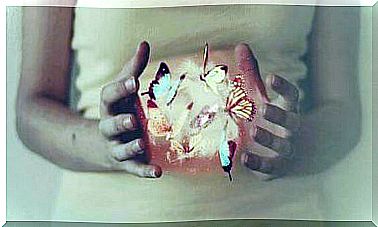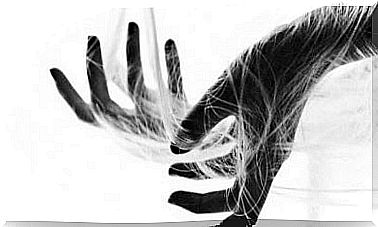Cosplay From A Psychological Perspective
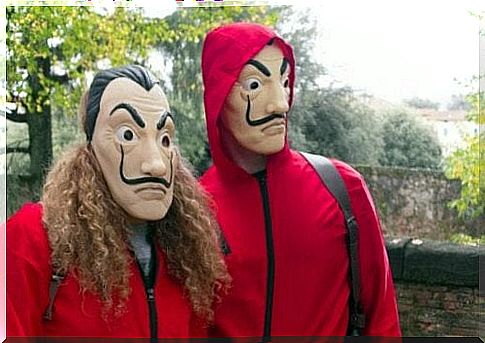
The concept of cosplay has spread considerably over the past two decades. The roots of this form of expression lie in Japanese manga and anime.
Manga refers to graphic comics for all audiences and their plots are realistic. In turn, anime is basically the same, but animated. The word “cosplay” is the amalgamation of two English words: “costume” and “play.”
This concept originated in the 80s by the diehard followers of manga and anime (“otaku”). It consists of making a costume, wearing it and assuming the identity of a fantasy character. Those who do that create communities called fandom.
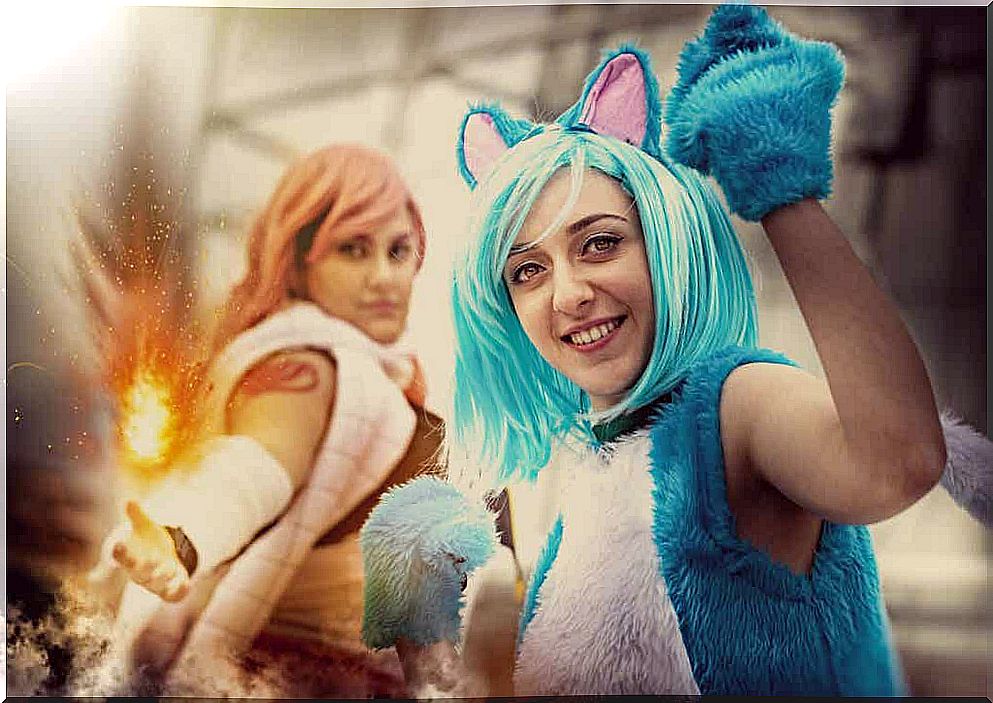
Cosplay and understanding
While you may have the impression that cosplay is a teenage practice, it actually piques the interest of people of all ages. Many have labeled it a waste of time or a trivial activity without even understanding it. This is not the case.
Many specialists agree that it mentally stimulates those who practice it. Another thing to keep in mind is that, as with any activity, some become obsessed with it more than others and take it very far.
So the problem is not in cosplay as such, but in the fact that it can become a way of expressing problematic realities that existed before anyone started doing it. Even if this is the case, however, cosplay has a similar effect to theater and art. In general, it can be a channel to share and reduce the tension caused by the daily stresses of real life.
A vehicle for identity
Though it may seem paradoxical, there are times when assuming another’s identity is an excellent way to arrive at your own. There are specific ages, such as adolescence, in which the construction of identity is a central process. It actually permeates everything at that age.
A similar process of identification occurs through cosplay: someone assumes the identity of a fictional character to some extent. It’s like an alter ego.
This process of resembling someone else leads to insights and contrasts. Insights allow people to explore parts of themselves that otherwise hold them back. For example, “Anna” can be shaky in real life, but becomes determined when she puts herself in the role of a superhero.
In addition, contrasts arise. A certain fictional character may perform certain actions or have certain thoughts, but the person who takes on their character does not. So cosplay allows people a playful context to play with and explore, confront and get to know their identity.
Social advantages
Many label cosplay as a “self-therapeutic” exercise for those who are too shy or lack social skills. These people find it difficult to be themselves in interpersonal relationships.
In fact, they are usually self-critical and pay too much attention to what they say and do. They tend to prioritize the seriousness of their internal dialogue and this prevents them from being spontaneous.
It becomes a barrier to social contacts and the direct consequence is that it is difficult to make friends. Plus, it keeps them from letting the relationships they already have grow stronger.
Someone can break this barrier through cosplay. While not a complete solution, it does contribute to the goal of getting them out on their own. This is because they can be someone else when they take on a character and therefore feel free to act differently. As you can imagine, they feel protected from the critical judging of others or even themselves.
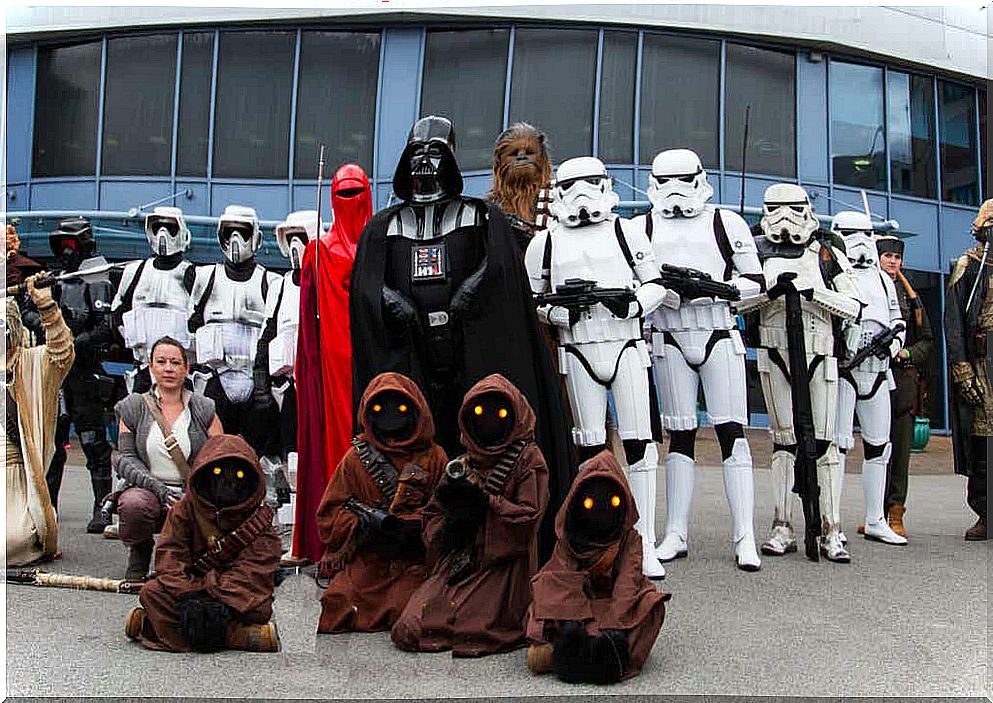
Cosplay is all about creativity and fun
This activity allows people to get out of their routine and it is helpful to give free rein to their imagination and creativity. This is because they not only wear a costume but they also take on an identity and a world that goes with it. It’s a good way to break free from the usual.
In addition, people who do cosplay are introduced to a playful world with new rules for “reality.” The game is a healthy exercise and it also stimulates creativity. Usually they study the characters before interpreting them, so developing them along with the costumes takes time and effort.
Those who do cosplay use their imagination and fantasy as ways of communicating with others in a different kind of context.
These interactions allow these people to express problems differently and also seek alternative solutions that they probably would not have considered otherwise.
